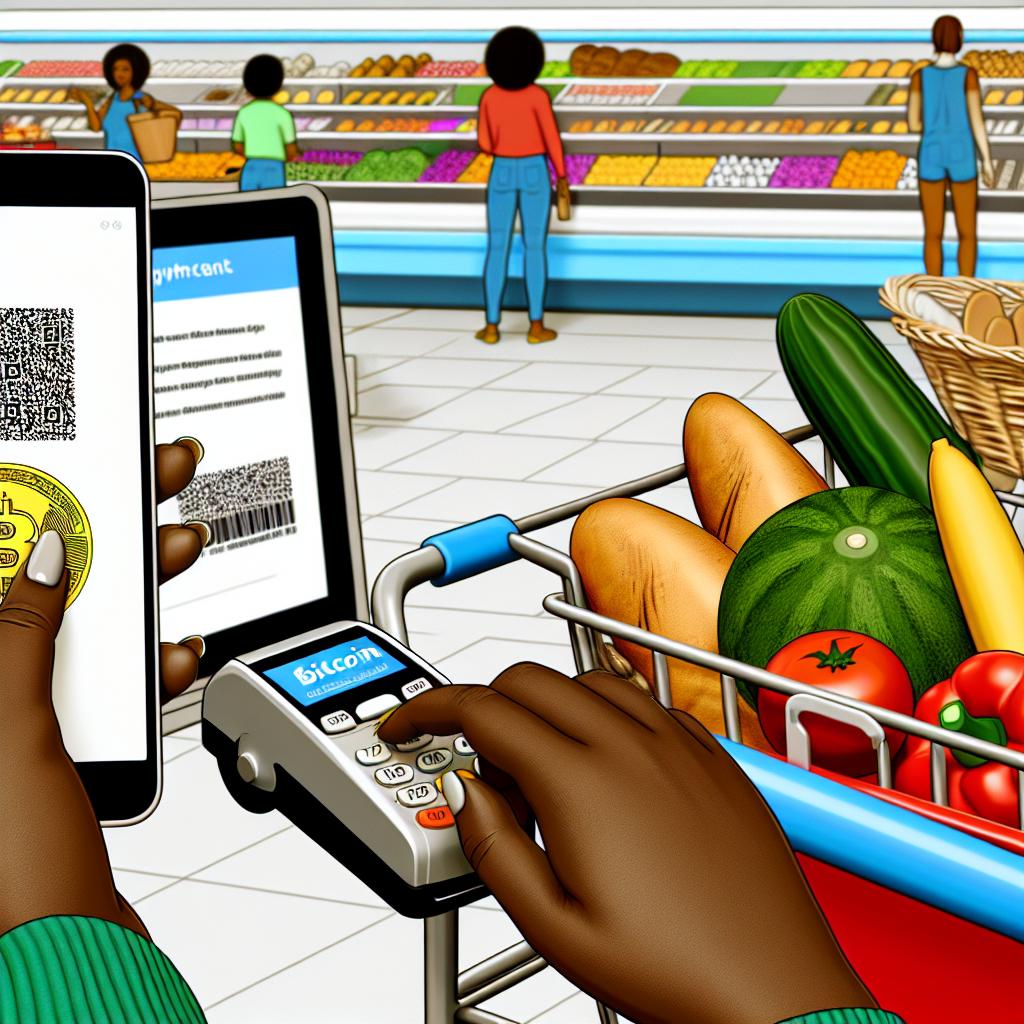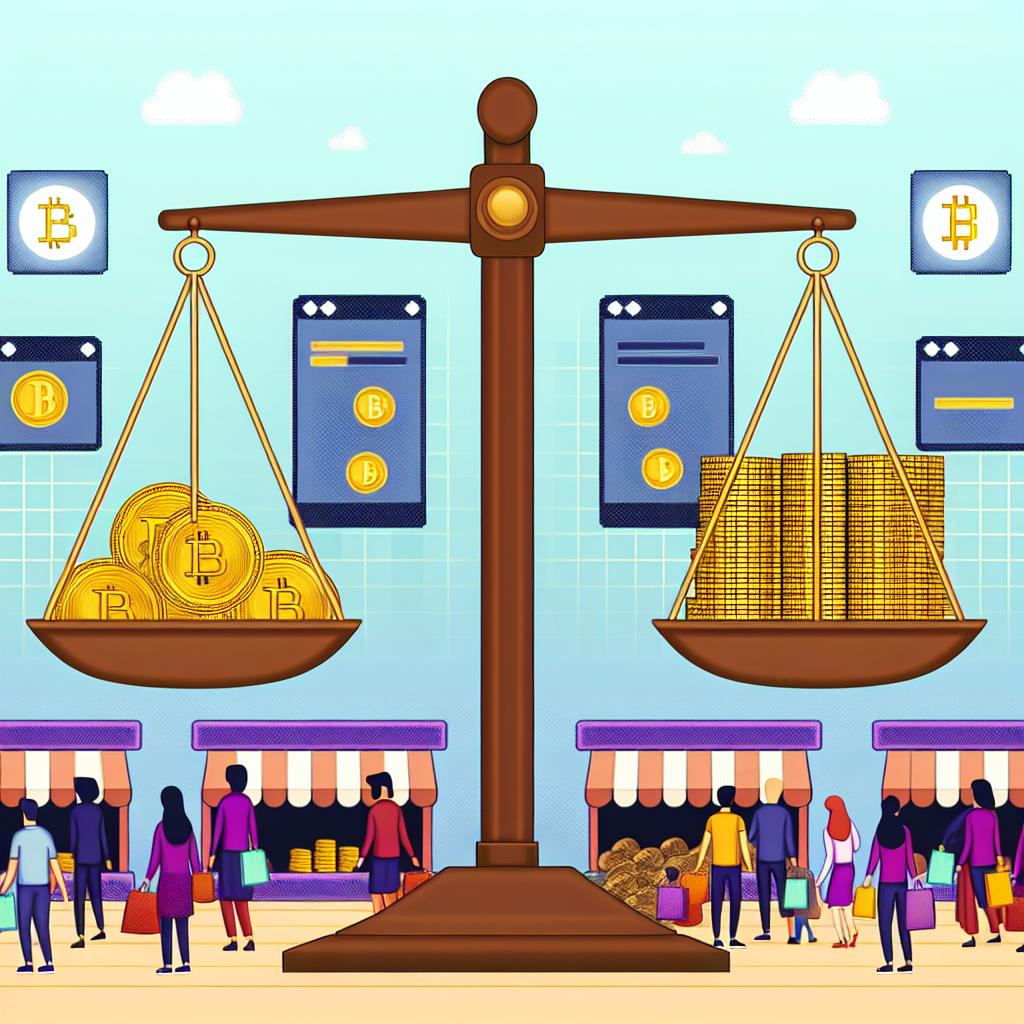Introduction
Cryptocurrency, a digital or virtual currency that utilizes cryptography for security, has become an increasingly prevalent element in financial transactions. With its decentralized nature, cryptocurrencies such as Bitcoin, Ethereum, and others are poised to reshape how individuals and businesses conduct everyday transactions. This article explores the ways in which cryptocurrency is influencing daily financial interactions.
Decentralization and Accessibility
One of the defining features of cryptocurrency is its decentralization. Unlike traditional currencies, which are controlled by central banks, cryptocurrencies operate on a decentralized platform known as blockchain. This allows for enhanced accessibility and security in transactions. Because transactions do not rely on intermediaries like banks, users can conduct transactions with greater speed and often at lower costs. This can be especially beneficial in regions with underdeveloped banking infrastructure.
The decentralized nature of blockchain technology not only improves access but also reduces the risk of censorship or government interference. As cryptocurrencies are not tied to any specific government, individuals in politically unstable regions may find them a more resilient alternative to traditional currencies. Furthermore, the transparent nature of blockchain ensures that all transactions are publicly recorded and can be audited by anyone, further adding to the trust and reliability of digital forms of money.
The Impact on Consumer Transactions
More businesses are beginning to accept cryptocurrencies as a valid form of payment. This shift offers consumers a new method to pay for goods and services. Cryptocurrency-based transactions offer the advantage of lower transaction fees, as there is no need for traditional bank involvement. As a result, consumers can save money on transaction fees, which could encourage further adoption of cryptocurrency for everyday purchases.
Another significant benefit is the speed of transactions. Unlike credit card payments that might take days to process, cryptocurrency transactions can be finalized within minutes. This speed is highly advantageous in a fast-paced financial environment where both consumers and businesses prefer quick settlements. Moreover, accepting cryptocurrencies can also broaden a business’s customer base by attracting a global audience without the hassle of currency conversion.
Crypto-As-A-Service Platforms
In addition to direct transactions, Crypto-As-A-Service (CaaS) platforms are emerging, allowing businesses to integrate cryptocurrency payments seamlessly. Such platforms offer solutions that facilitate smooth and secure transactions, bridging the gap between conventional financial systems and digital currencies. By utilizing these platforms, businesses can easily convert cryptocurrencies into fiat currency, reducing the perceived volatility associated with digital assets.
CaaS platforms also provide tools and resources for businesses to securely manage their digital assets. They offer custodial services to safely store cryptocurrencies and implement security measures such as encryption and biometric verification to protect against unauthorized access. Additionally, these platforms often come with analytics services that provide insights into customer spending patterns, helping businesses to tailor their offerings and marketing strategies effectively.
Remittances and Cross-Border Payments
Cryptocurrency has also brought significant changes to the way remittances and cross-border payments are handled. Many individuals rely on sending money abroad, which can traditionally incur high fees and lengthy transaction times. Cryptocurrencies can reduce these costs and speed up transactions, enhancing the efficiency of sending money across borders. This enhances financial inclusivity, as people in developing countries gain more access to international financial systems.
In remote or isolated regions, conventional banking infrastructure may be insufficient or completely absent. Cryptocurrencies circumvent this limitation by allowing remittances directly between individuals through a digital network, without the need for a physical banking branch. This also means that cross-border payments can occur 24/7, irrespective of the operating hours of financial institutions or intermediary services. This flexibility is particularly important for families reliant on timely remittances for their daily sustenance.
Security and Fraud Prevention
The enhanced security properties of blockchain technology play a crucial role in changing everyday transactions. Blockchain’s immutable ledger makes it extremely difficult for fraudulent transactions to occur, protecting consumers and businesses alike. This added security can increase user confidence in digital transactions, paving the way for broader adoption.
Cryptocurrencies leverage advanced encryption techniques and distributed consensus mechanisms to secure transactions and validate new blocks on the chain. Once a transaction is recorded on the blockchain, it becomes part of a public and permanent record, inherently resistant to modification or tampering. This feature vastly improves the mechanism for accountability and fraud detection. Moreover, blockchain’s open-source nature allows security professionals to continuously review and audit the code for vulnerabilities, further strengthening its defense against cyber threats.
Adoption Challenges
Despite the benefits, there are challenges to widespread cryptocurrency adoption. The volatility of digital currency values and regulatory uncertainties are significant obstacles. Additionally, the learning curve associated with understanding and utilizing cryptocurrencies can be a barrier for some users. Efforts toward establishing clear regulatory frameworks and educational initiatives may help mitigate these challenges.
Further complications arise from the lack of universal consensus on the legal status of cryptocurrencies across different jurisdictions. Governments and regulatory bodies might have divergent approaches toward blockchain and cryptocurrency, ranging from outright bans to cautious endorsements. These inconsistencies can hinder the seamless integration of cryptocurrencies into global financial systems. A concerted effort to harmonize regulations could facilitate the spread and adoption of digital currencies on a larger scale.
Conclusion
Cryptocurrency is undeniably impacting everyday financial transactions by offering a decentralized, accessible, and cost-effective alternative to traditional currency systems. While there are hurdles to overcome, the innovations brought by digital currencies are setting the stage for a transformed financial landscape. As more businesses and consumers embrace cryptocurrency, its role in everyday transactions is likely to grow further. For more information on integrating cryptocurrency into your business, consider exploring resources such as Coindesk and Cointelegraph, which offer insights and updates on the evolving crypto space.
As the technology matures, we may continue to see an increased range of applications and more sophisticated platforms that incorporate additional features, making cryptocurrencies even more attractive to users and organizations alike. The potential for blockchain technology to influence other sectors, such as supply chain management, voting, and digital identity verification, also highlights the broader beneficial impacts of embracing a digital economy integrated with cryptocurrency.
This article was last updated on: March 6, 2025





